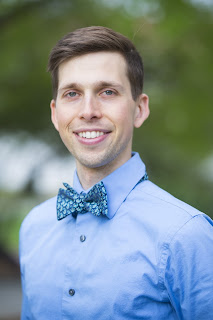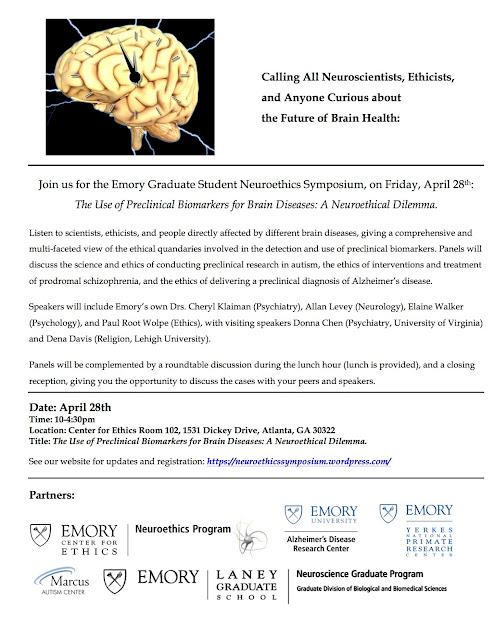Neuroethics, the Predictive Brain, and Hallucinating Neural Networks

By Andy Clark Andy Clark is Professor of Logic and Metaphysics in the School of Philosophy, Psychology and Language Sciences, at Edinburgh University in Scotland. He is the author of several books including Surfing Uncertainty: Prediction, Action, and the Embodied Mind (Oxford University Press, 2016). Andy is currently PI on a 4-year ERC-funded project Expecting Ourselves: Prediction, Action, and the Construction of Conscious Experience . In this post, I’d like to explore an emerging neurocomputational story that has implications for how we should think about ourselves and about the relations between normal and atypical forms of human experience. Predictive Processing: From Peeps to Phrases The approach is often known as ‘predictive processing’ and, as the name suggests, it depicts brains as multi-area, multi-level engines of prediction. Such devices (for some introductions, see Hohwy (2013), Clark (2013) (2016)) are constantly trying to self-generate the sensory stream – to re-creat...




